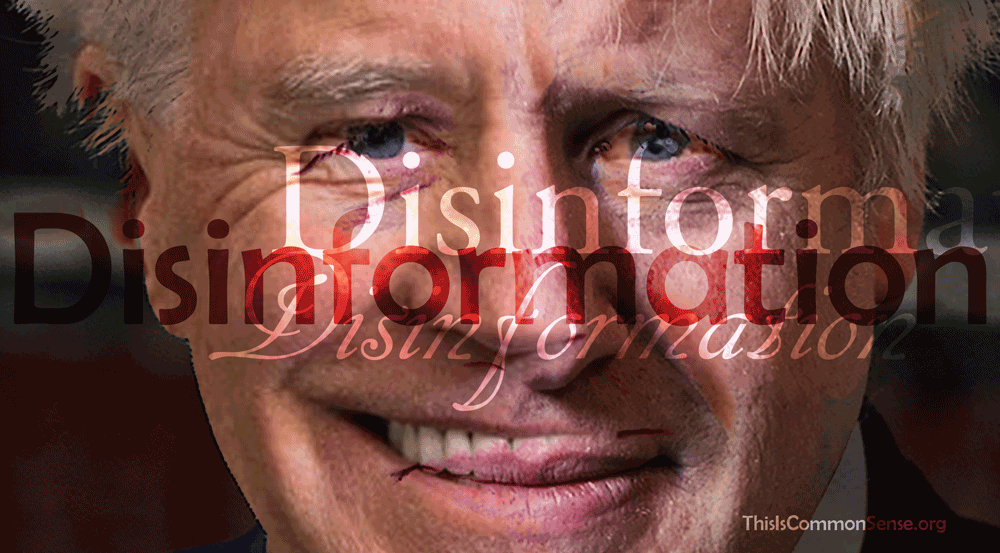They say it was all a terrible misunderstanding.
The Department of Homeland Security has caved and is now closing its new Disinformation Governance Board. Critics had been disinformatively saying that the board would probably be used for censorious purposes.
Au contraire, says DHS — even though the board was originally headed by an exponent of countering wrongthink about such matters as the “alleged” Hunter Biden laptop. No. Per DHS, this board really, truly, deep down, supposedly had only benign intentions.
When announcing the shutdown, DHS also announced that it has a bridge to sell you.
(Gotcha! DHS didn’t announce anything about a bridge. That’s just a bit of disinformation that I perpetrated with the help of my woefully abused First Amendment – protected freedom of speech!)
In May, DHS Secretary Mayorkas insisted that the board was no threat to free speech. The point was to address threats “without infringing on free speech.” Rather, the board would be doing things like disputing the strangely persuasive misinformation that the U.S. now has an open southern border.
Even early on, though, the board had been planning to coordinate its anti-disinformative efforts with Big Tech social media firms, which have been censoring on behalf of government. And various government officials will still be working to delegate the nuts and bolts of violating the First Amendment to Twitter, Facebook, YouTube, et al. No letup on that front in sight.
DHS may be ending its ill-named board. But beware: its spirit and agenda live on.
This is Common Sense. I’m Paul Jacob.
NOTE: This board was previously discussed in these pages on May 2, in “Homeland Censorship Board.”
Illustration assist from DALL‑E
—
See all recent commentary
(simplified and organized)


